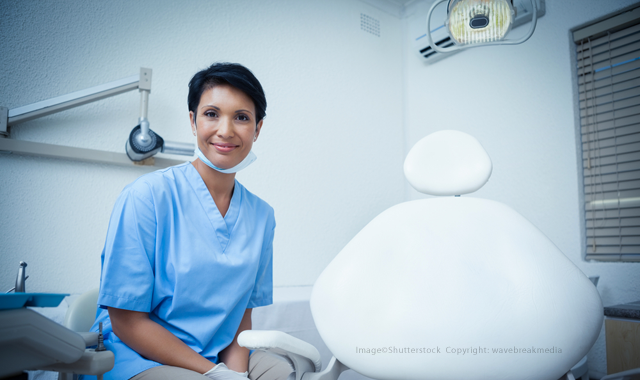The importance of joining a dental mission trip
Those interested in using their clinical skills to serve populations in need don’t need to look far.

In January of 2017, I went to Tegucigalpa, Honduras, on a mission trip. Our team of 35 was a diverse group of professionals who brought medical, dental, vision and pharmacy skills to a community of impoverished and neglected people.
Going to a third-world country is difficult to describe; the magnitude a trip like this can have on your life is immense. While you go to help others, you come home with so much more than you expect to receive. I come home every time with a complex mixture of gratitude and guilt. Each person you encounter stays in your heart and calls you to return. I am hoping to join my team for a third time in January of 2018 to visit the community we serve. When I have discussed my trip with other hygienists, so many have been interested in learning more about dental missions. They want to know how I got involved and how they might gain the opportunity to go in the future. My advice to them: volunteer.
Trending article: What parents NEED to know about keeping their children's teeth healthy
In 2013, there were three Remote Area Medical free clinics in Harlan, Somerset and Pikeville, Kentucky. The RAM and MOM (Mission of Mercy) clinics are similar outreach programs that give care to those in need in states across the U.S. RAM’s mission is: “To prevent pain and alleviate suffering by providing free, quality health care to those in need.” In these rural counties, patients lined up the night before we opened the doors to see doctors and dentists for the first time in years. They mentioned income, transportation and no insurance as reasons they had not sought care. Counties in southeastern Kentucky have a rich history of coal mining. As energy trends have shifted away from coal, the Appalachian counties have suffered socio-economically. The folks we saw in this region had case presentations comparable to those in Honduras.
According to the National Organization of State Offices of Rural Health (NOSORH):
- Adults ages 18 to 64 are nearly twice as likely to be edentulous if they are rural residents
- Of the 2,235 Dental Health Professional Shortage Areas, 74 percent are in rural areas
- Rural adults are more likely than non-rural adults to have untreated dental decay (32.6 percent versus 25.7 percent).
Our nation has third-world patients in our rural communities and inner cities. There is a free outreach clinic in my city for the underserved. Louisville is a large metropolitan area. Many suggest the city is over- saturated with dentists, but few accept Medicaid at all, and even less accept Medicaid for adults. The patients seen at this clinic include the homeless, recovering substance users and immigrants. Volunteer clinicians serve two Saturdays per month to bring pain relief and prevention to this gracious group of individuals. Most of the volunteers I encounter in these settings have been on missions overseas. Passion for people knows no borders.
If you are interested in using your clinical skills to serve populations in need, you do not need to look far; there are opportunities all around us. Volunteering in your local community is a way to meet like-minded professionals, help patients who may not get care otherwise and possibly network with existing mission teams. Gaining experience with mobile and portable dentistry will help prepare you for the clinical challenges you may face internationally. Connecting with other clinicians who are determined to make an impact in all settings is the best way to get started. Reach out to your local professional organization’s component, the state board of dentistry or state oral health coalition to find outreach opportunities near you.
How Dentists Can Help Patients Navigate Unforeseen Dental Care
December 12th 2024Practices must equip patients with treatment information and discuss potential financing options before unexpected dental treatments become too big of an obstacle and to help them avoid the risk of more costly and invasive procedures in the future.